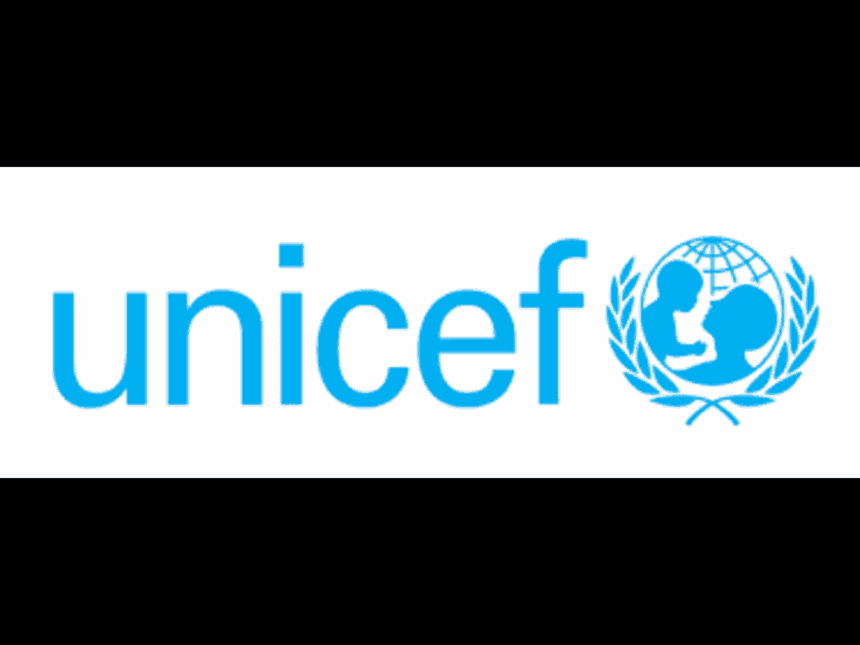…urges sustained investment in immunisation
The United Nations Children’s Fund (UNICEF) has attributed the ongoing rise in vaccine-preventable diseases to the lackadaisical approach of governments towards timely vaccinations and has called for continued investment in immunisation initiatives.
This issue was addressed during a two-day multi-zonal dialogue on the ongoing 2025 World Immunisation Week (WIW), which promotes the theme: “Immunization for All is Humanly Possible,” held in Enugu with 12 Nigerian states participating.
The event brought together participants from states including Abia, Akwa Ibom, Anambra, Bayelsa, Benue, Cross River, Delta, Ebonyi, Enugu, Imo, Kogi, and Rivers.
Mrs Juliet Chiluwe, Chief of Field Office at UNICEF’s Enugu, characterised vaccines as one of humanity’s most significant accomplishments, highlighting that vital vaccines have saved over 154 million lives in the last 50 years.
“As we approach World Immunization Week in 2025, it is crucial to emphasize the ongoing importance of this global observance. This year’s theme underscores the necessity of providing protection against vaccine-preventable diseases for all individuals, from newborns to the elderly, through inclusive and equitable immunization services.
“Today marks the launch of WIW celebrations worldwide, and UNICEF is working alongside healthcare providers and governments to advocate for the principles of immunization services, ensuring access reaches every individual.
ALSO READ: UNICEF trains Sokoto educators to strengthen foundational learning
“UNICEF takes this opportunity to reiterate that vaccines demonstrate that fewer diseases and more lives are achievable when we commit to the cause. It’s time to show the world that ‘Immunization for All is Humanly Possible,’” she emphasised.
Chiluwe reiterated that over the past 50 years, vaccines have saved at least 154 million lives—equating to six lives every minute, day after day, for five decades.
She called for immediate and ongoing political focus and financial support to bolster immunisation programmes and safeguard the significant advancements made in reducing child mortality over the last half-century.
The multi-zonal dialogue, co-hosted by the Broadcasting Corporation of Abia State, included pledges from participating journalists to monitor immunisation efforts in their respective states, especially in rural communities.
In his speech, Francis Nwubani, Director General of the Broadcasting Corporation of Abia (BCA), emphasised that this year’s theme is intended to advance the “Humanly Possible” campaign, focusing on the crucial need for increased vaccination rates, particularly among children.
“As 2025 marks the halfway point in the Immunization Agenda 2030, World Immunization Week will explore not only the immediate benefits of immunization for improving lives today but also the potential long-term impacts as more children receive essential vaccines and as new vaccines are developed to address a wider array of diseases and age groups.”
ALSO READ FROM NIGERIAN TRIBUNE
WATCH TOP VIDEOS FROM NIGERIAN TRIBUNE TV
- Let’s Talk About SELF-AWARENESS
- Is Your Confidence Mistaken for Pride? Let’s talk about it
- Is Etiquette About Perfection…Or Just Not Being Rude?
- Top Psychologist Reveal 3 Signs You’re Struggling With Imposter Syndrome
- Do You Pick Up Work-Related Calls at Midnight or Never? Let’s Talk About Boundaries







